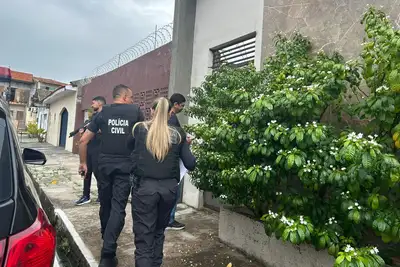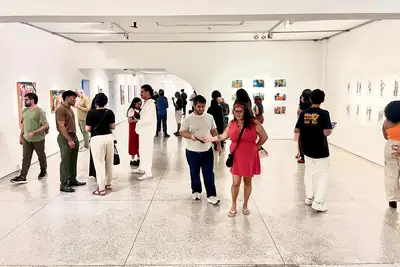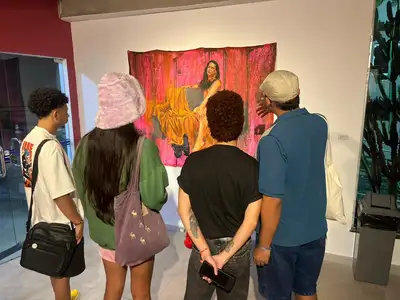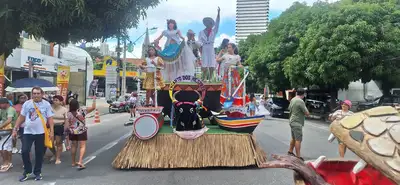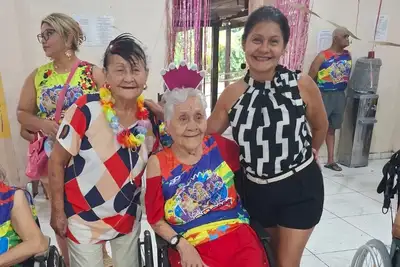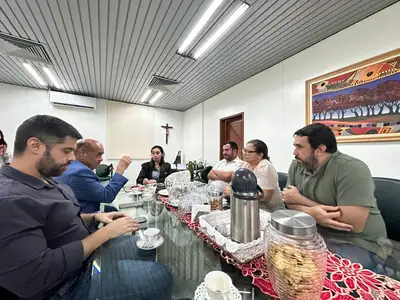Fasepa holds Regional Meeting of Socioeducation in the Xingu Integration Region
Event takes place in the municipality of Placas and has a formative and intersectoral articulation character
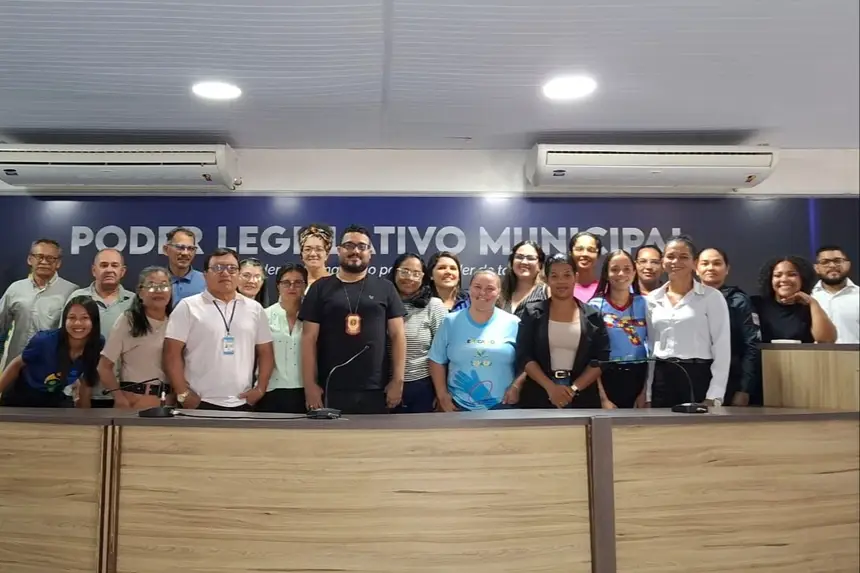
The municipality of Placas is hosting, until this Thursday (11), the Regional Meeting of Socioeducational Care in the Xingu Integration Region, mediated by the Socioeducational Care Foundation of Pará (Fasepa), through the Coordination of Support for Municipalization (Cream). The event is taking place at the City Council, in the host municipality of the meeting.
The initiative has a formative character and intersectoral articulation, discussing themes such as the methodology of open environment care; support and follow-up in the post-measure and the reform of the Municipal Social Assistance Plan (PMAS), articulating debates and dialogue with the present audience.
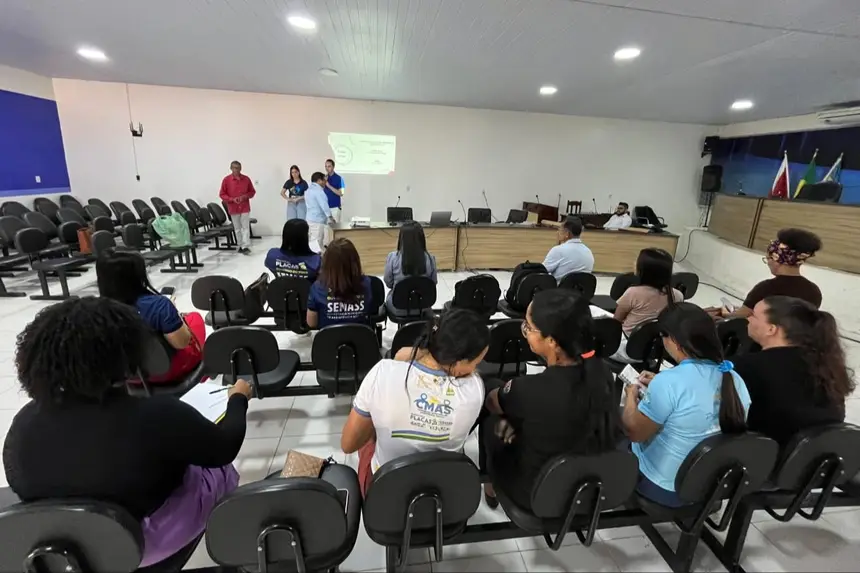
The activities, which began on Wednesday (10), involve meetings with the Social Assistance Reference Center (Cras) and the Specialized Social Assistance Reference Center (Creas), as well as meetings with the Municipal Social Assistance Secretariat (SMAS), the Municipal Council for the Rights of Children and Adolescents (CMDCA), and the Municipal Social Assistance Council (CMAS). In addition, local articulation visits with key actors from the protection network and technical visits to agencies such as the Public Ministry, Juvenile Court, Civil Police, and Military Police.
Representatives from the municipalities of Placas and Uruará participated in the event, from various areas that make up the System of Guarantee of Rights (SGD) and municipal secretariats (social assistance, education, health, sports, culture and leisure, work, employment, and income).
The methodology adopted by the program aims to strengthen the sectors of the intersectoral network, qualify managers and professionals on the implementation of socioeducational policies, and promote the effective revision of the Municipal Socioeducational Care Plan (PMASE), in alignment with the guidelines of the National Socioeducational Care System (Sinase).
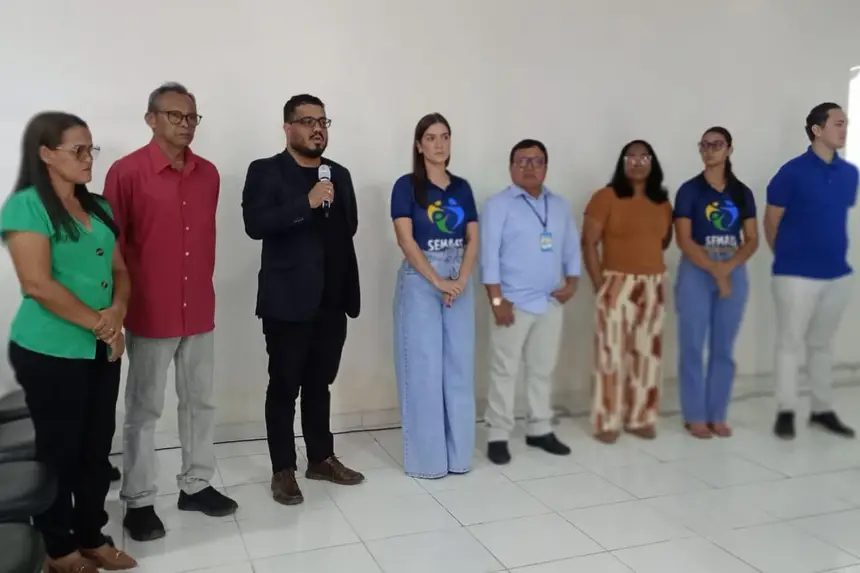
Events like this ensure the proper training of commissions and bodies responsible for the revision of the plans, ensuring the effectiveness of socioeducational institutional practices in the municipalities based on a qualified, humanized service centered on the social reintegration of young people in socioeducational measures.
Text: Enzo Brito, intern at Ascom Fasepa, under the supervision of journalist Dani Valente


